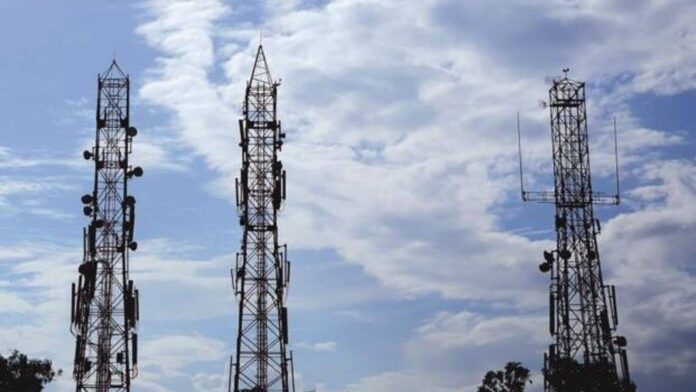This is the first time that this event, organized by the International Telecommunication Union (ITU), is being held in the Asia Pacific. Representatives from over 190 countries will convene to shape the future of global telecom standards. It will serve as a platform to discuss next-generation technologies like 6G (sixth generation telecom).
What are the ITU and WTSA?: Established in 1865, the ITU is a United Nations agency focused on telecom standardization. Its mission is to ensure seamless global information exchange by creating international standards for communication systems.
The WTSA is an event held every four years, offering a forum for member countries to collaborate on setting technical rules that guide the development of future telecom technologies.
India’s hosting of WTSA 2024 gives the country an opportunity to play a key role in shaping the global telecom agenda, especially as we look towards 6G and beyond.
Telecom standardization is important: Telecom standards form the backbone of global connectivity. They ensure that different devices, networks and systems communicate smoothly across borders.
For example, international roaming agreements rely on shared standards and enabling seamless communication, while keeping costs low. Similarly, telecom standards govern global dialling codes and fibre-optic cables, making communication across the globe easier and more reliable.
From a business perspective, standardization is essential to foster competition and innovation. It helps make telecom services more accessible and affordable for billions of people. Standards allow diverse equipment and systems to work together, boosting the efficiency and reach of networks.
Standardization is more than just a technical requirement; it’s a strategic tool. Countries that influence global telecom standards have the power to shape emerging technologies and protect their commercial interests. For businesses, adhering to global standards opens up international market opportunities while ensuring fair competition.
Union communications minister Jyotiraditya Scindia’s statement that “India followed the world in 4G, is marching alongside in 5G, and will lead in 6G” captures the country’s confidence and aligns with Prime Minister Narendra Modi’s vision of transforming India into a global exporter of telecom technology from being just a large consumer.
India now boasts of nearly 100% 4G coverage and is rapidly expanding its 5G infrastructure, covering more than 600,000 villages and establishing over 442,000 5G Base Transceiver Stations (BTS).
India is also taking strides towards 6G, with more than 250 international patents under its belt. These advancements meet rising demand for faster data speeds, reduced latency and expanded network coverage.
India’s role in global telecom for the Global South: India’s leadership in the telecom sector extends beyond innovation. It includes advocacy on behalf of developing nations. Many countries in the Global South face challenges like low internet penetration and high infrastructure costs.
India’s success in rolling out 4G and 5G services even in rural areas offers a model for others to follow. For example, the 5Gi standard, an Indian innovation, was created to make 5G more accessible in underserved regions. Recognized globally by the ITU, 5Gi shows how standardization can bridge gaps and bring the benefits of advanced telecommunications to all.
By championing standards that address the needs of developing nations, India ensures that global telecom policies become more inclusive. As the world moves towards 6G, it is important for developing countries to be part of these conversations to ensure they benefit from upcoming technologies.
WTSA 2024 will be a global telecom milestone: It will be more than a gathering of global delegates. It will include side-events like the India Mobile Congress (IMC), where leading telecom companies and innovators will highlight advancements in 5G, 6G and digital solutions.
Sessions led by the Network of Women in ITU Standardization will highlight women’s leadership in the digital tech industry and role in shaping standards.
Technological innovation will also be spotlighted through events like AI for Good Impact India, focusing on the role of artificial intelligence (AI) in sustainable development, and the Robotics for Good Youth Challenge, where young innovators will compete to create robotic solutions for disaster response.
The WTSA Expo will also display industry-leading services. The ITU Bridging the Standardization Gap programme will assist small and medium-sized enterprises in developing countries. There will be other events too. By hosting WTSA 2024, India can consolidate its role in shaping the future of telecommunications.
Indian efforts are aimed at ensuring that telecom services become more affordable, accessible and innovative worldwide. India’s involvement in setting 6G standards will also be good for the telecom industry, helping sustain its drive to be inclusive and modern.
Remember, the basic aim of telecom standardization is to have the benefits of modern advancements reach people everywhere.
#India #chance #shape #global #telecom #standards
